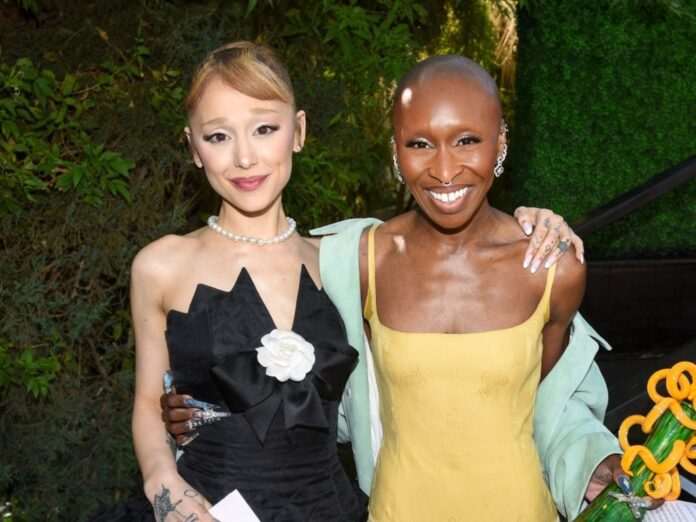The highly anticipated musical adaptation, Wicked, has shattered box office records since its release on November 21st, solidifying Ariana Grande and Cynthia Erivo’s status as major box-office draws. While the film’s success is undeniable – with the first installment raking in $114 million domestically in its opening weekend and the sequel reportedly making $150 million in its first three days – questions surrounding the actors’ compensation have been circulating.
The Initial Pay Discrepancy Rumors
Initial reports in November 2024 suggested a significant pay gap: Ariana Grande allegedly received $15 million for her role as Glinda, while Cynthia Erivo earned only $1 million for her portrayal of Elphaba. These claims, fueled by speculation about Grande’s larger fanbase, quickly spread online. However, Universal Pictures swiftly refuted these reports, calling them “completely false and based on internet fodder.”
Grande and Erivo Confirm Equal Pay
In a January interview with Variety, both Grande and Erivo confirmed they received equal pay for their work on Wicked. The actors revealed they proactively discussed their contracts together, ensuring fairness. As Grande explained, they collaborated on negotiating terms: “We went through our contracts together… and called each other up. ‘Did you see that? What do you think about that? Let’s get it together!’”
Erivo echoed this sentiment, noting the rarity of such transparency: “We both went through it… ‘What number are we doing? How do you feel about that?’ We were really f–king honest. And that’s really rare. People don’t do that.”
The Broader Context of Pay Equity in Hollywood
The Wicked pay situation highlights a critical issue in Hollywood: persistent pay disparities for actresses of color. Octavia Spencer shared her experiences at the Hollywood Foreign Press Association in 2018, detailing how she had to directly educate Jessica Chastain about the wage gap faced by Black actresses.
“Women of color on that spectrum, we make far less than white women,” Spencer stated. “If we’re gonna have that conversation about pay equity, we gotta bring the women of color to the table.”
Spencer and Chastain negotiated a “favored nations” contract, ultimately earning five times their initial ask. This collaborative approach mirrors the dynamic between Grande and Erivo, suggesting a growing awareness within the industry.
Why This Matters
The Wicked case is important because it demonstrates that pay equity is achievable when actors advocate for themselves. The film’s success, combined with the confirmation of equal pay, sends a message that financial fairness is possible even in a historically unequal system. While the exact figures remain undisclosed, the fact that Grande and Erivo were paid the same amount for their roles is a small but meaningful victory for representation in Hollywood.
The Wicked example proves that when actors take control of the negotiations, the result is a fairer outcome.
